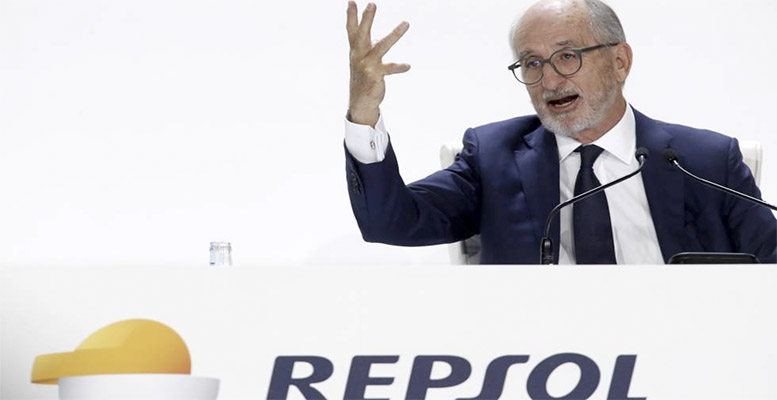In a scenario of oil prices (Brent) at $35 and Gas (Henry Hub) at $1.8, Repsol has drawn up a contingency plan to deal with the impact of COVID-19. This new strategy contains a series of measures. These include cancelling the extra share buyback for 5% of capital due to be executed in May and which, when announced, totalled 1Bn euros.
However, the company is maintaining its dividend at EUR 1 per share (at current prices the dividend yield is 13%). In addition, it will implement initiatives involving reductions of 350M€ in operating expenses, 1B€ in investments (up to 2.8 B€ ) and the optimisation of working capital by 800M€ .
Repsol has also postponed the presentation of its Strategic Plan scheduled for May 5th. It has reiterated that its balance sheet is healthy and that it does not contemplate an increase in debt. The Spanish oil and gas group also flags that it has sufficient liquidity to deal with this situation at least until 2024.
In this regard, S&P last Friday maintained its credit rating for Repsol at BBB. However, it reduced its perspective to stable from positive due to the impact of COVID-19.
With this decision, Repsol follows in the footsteps of other oil companies which have recently made similar moves like Total, BP, Chevron or Shell. These firms have also cancelled their share buyback programs.
Analysts see Repsol as one of the oil companies with the best prospects: a healthy company, attractive in terms of valuation, well positioned and diversified, and with a high dividend yield.
The current context for the oil and gas industry is really complicated, with an imbalance between oil supply (open price war between Russia and Saudi Arabia) and demand (COVID-19), as well as reduced visibility on oil recovery.





